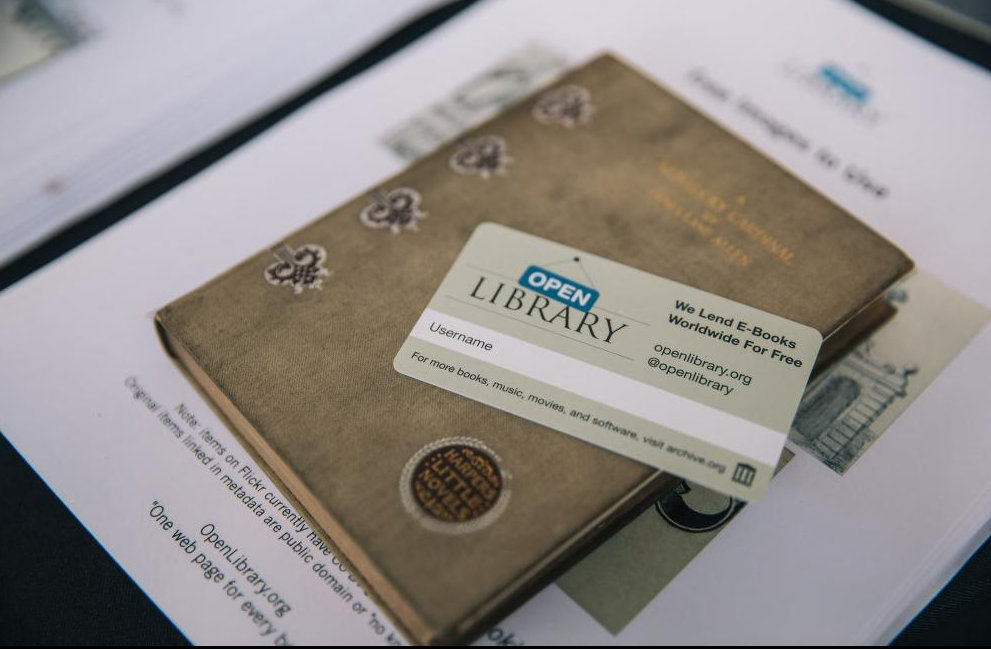
In the third part of our series on innovative academic publishing models—which has also featured Q&As with Eric von Hippel and James Boyle and Jennifer Jenkins—we asked Professor Barton Beebe of NYU Law School to tell us a bit about his decision to publish Trademark Law: An Open Source Casebook as an open access work. Now in version 4.0, this Creative Commons-licensed work for intellectual property law students was updated in July 2017 with updates and new statutory examples. The book is freely available for download, and is being used in over 30 law schools nationwide, with additional professors adopting it each year.
Authors Alliance: Given the many incentives to publish textbooks via traditional channels, why did you choose open access for Trademark Law: An Open Source Casebook (TLOSC)?
Barton Beebe: I chose online open access for a bunch of reasons. First, it’s just much easier to reach readers through open access. Even micropayments can be an insurmountable barrier for students without credit cards (which describes most students around the world). Instructors are also predisposed to assign the book if they know that students can easily access it and at no cost. This helps with adoptions.
Second, my experience has been that traditional for-profit textbook publishers in law offer almost no value added. They provide no editorial advice and often rely on authors to format and proofread the book. Meanwhile, they set ridiculously high prices, typically very little of which flows through to their authors.
Third, I really like the idea of giving the book away, especially since it’s a book for students, and it seems like classroom materials are what I already get paid to produce. TLOSC is already being used in something like thirty law schools around the world, with three or four added each year (which I think is not bad for a book about a little topic like trademark law). I sort of love that so many students are using my book and that they didn’t have to pay for it. That’s worth more to me than whatever royalties I would get through the for-profit model.
AuAll: How did you select which Creative Commons license to apply?
BB: Though TLOSC is available without charge, I do care about attribution, so insisted on that in the Creative Commons Attribution-NonCommercial-ShareAlike 4.0 International license. I also like the viral nature of the ShareAlike provision, which means that anyone may adapt my book, but their adaptation must also be made available under the same CC license. For purposes of this book, I also see the noncommercial provision as basically viral in nature. It encourages others to use the book only in noncommercial ways.
AuAll: What results do you see from publishing your books openly? What do you see as the pros and cons of embracing this model?
BB: I think the main result of using the open access model is that a lot more people have used the book and so maybe it has had more influence than it otherwise might have. Another result is that the open access model seems to create a different relationship between authors and their readers. The book is offered as a kind of gift (it’s not exactly a birthday present!—but still it’s something human-made, meaningful, and useful that is happily given away). Readers are maybe a little more gentle in their attitude to the book, and maybe a little more prone to write me with corrections, suggestions, and kind words of thanks.
More generally, I hope that publishing the book openly is part of a broader trend in academics towards open access. I very much support the adoption of the principle that if a book or other work of scholarship is not made available through open access, it should not be considered a “publication” for purposes of things like academic tenure or promotion. If royalties were a significant part of how academics support themselves, I’d think differently, but they’re not. It’s especially weird (and disheartening) to see so many academic books in the humanities that advance strongly progressive views but that the author publishes under a traditional closed-access (and even for-profit) model—with the result that at best 1% of the world will have any real access to the book. There are definitely institutional pressures to distribute one’s work in this way, but already we’re seeing academic institutions shifting towards emphasizing open access.
AuAll: Could you share some lessons learned and/or other suggestions for authors on how they can make their works available in the ways that they want?
Even if a book author goes with a traditional closed-access publisher, it might be worthwhile to try to bargain for a contract provision in which the author can make the book available in a digital open access format at some point after the book goes out of print. This seems particularly important for scholarly works. For journal articles, try to bargain for a provision allowing the author to post a manuscript version of the article to their personal website or some equivalent repository.
Barton Beebe is the John M. Desmarais Professor of Intellectual Property Law at NYU. He specializes in the doctrinal, empirical, and cultural analysis of intellectual property law.

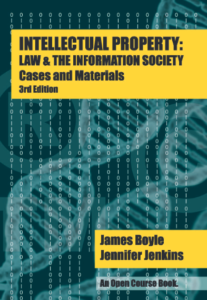 This summer, Authors Alliance founding members
This summer, Authors Alliance founding members 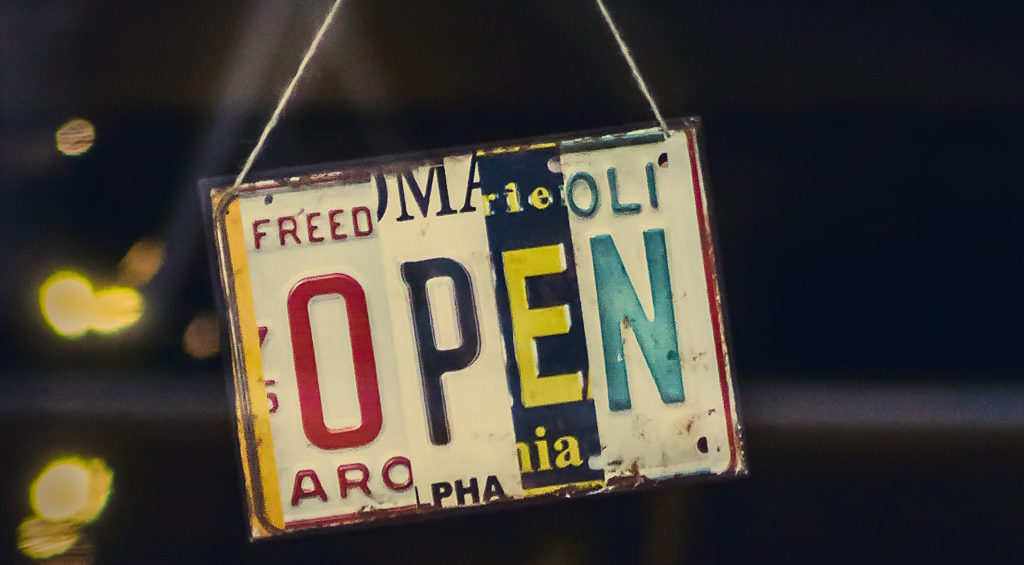
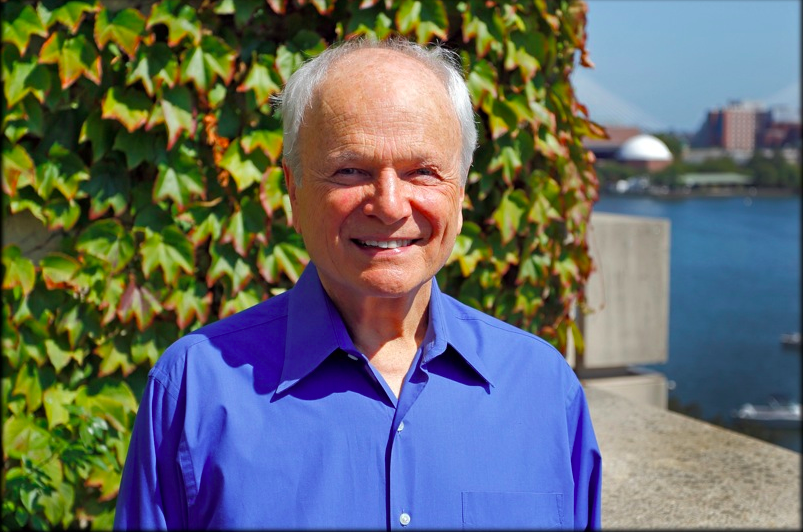
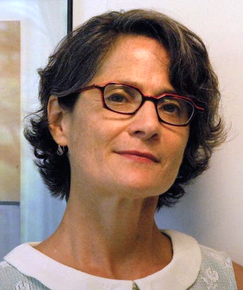



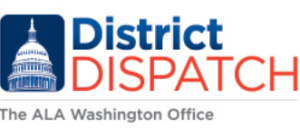 The following post originally appeared on the American Library Association‘s
The following post originally appeared on the American Library Association‘s 